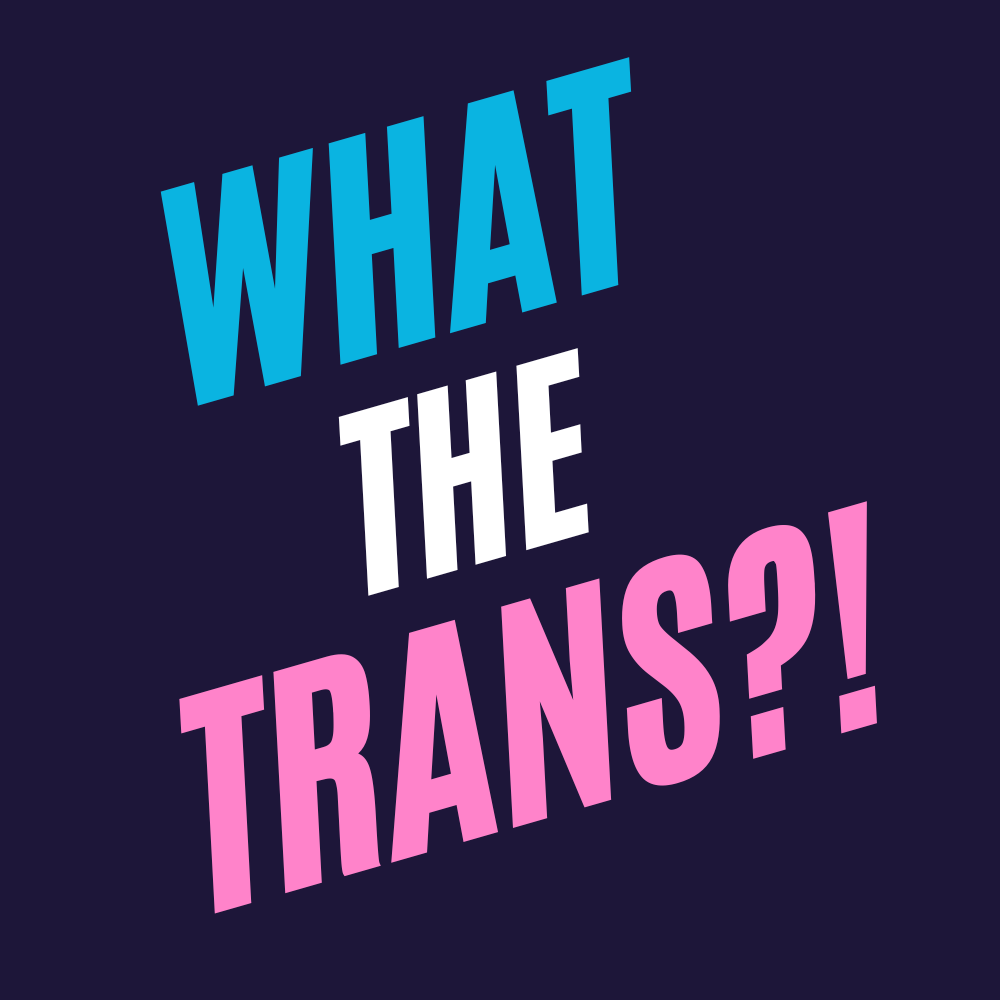Following the March 14th Sapporo High Court decision finding Japan’s lack of marriage equality for same sex couples to be unconstitutional, the government reiterated that its position was unchanged: that the country’s lack of marriage equality was, as far as they were concerned, not an issue. This led the plaintiffs in the High Court case to begin looking into an appeal to the country’s Supreme Court, in the hopes of getting a final decision which the government would be obliged to follow. (https://whatthetrans.com/japanese-courts/)
While Japan continues to wait for marriage equality, there are in fact a few options available to LGBTQ couples: partnership oath systems and legal adoption.
Partnership oath systems have been available since 2015 in different municipalities across the country. Currently, over 260 local governments have enacted some version, and this number is likely to increase. To use the Tokyo metropolitan government’s system as an example, partners are required to submit documents showing eligibility. Eligibility requirements are largely modeled after the nation’s marriage laws (no direct blood relation, both partners currently unmarried, etc.). They then take an oath to the effect that they are in a dedicated relationship with each other. The local government then registers them, and the couple can receive a certificate that officially recognizes the relationship. Participation in the system allows couples to apply for things like municipal housing and daycare through their local government as a couple, and participating organizations and businesses may also extend benefits otherwise reserved for married partners. Since being enacted in 2022, over 1000 couples have registered with the system according to the Tokyo Metropolitan Government’s website. Further information regarding Tokyo’s system can be found at (Japanese/English): https://www.soumu.metro.tokyo.lg.jp/10jinken/sesaku/sonchou/partnership.html
While these systems are generally seen as a step forward, they also have a number of deficiencies. One of the largest comes from the fact that the systems are enacted locally and may have no real reach beyond the municipality’s limits. Also, as the systems have no actual legal weight behind them, the benefits that come from them are limited to whatever local governments, organizations, and businesses choose to extend. Hospitals, should they recognize partnership oaths, may extend visitation and medical decision-making rights to partners.
The other option that exists, and that even predates partnership oath systems, is adoption. Under Japanese law, consenting adults may enter into an adoptive relationship. This grants them the legal status and benefits afforded to a parent and child. This has the advantage of not only having legally binding force behind it, but is also nationally recognized, as the relationship is recorded in the official family registry. As a result, adoptive partners can gain access to certain tax deductions, as well as be able to take advantage of the national inheritance laws, none of which is generally available with partnership oath systems. Hospitals also recognize adoptive relationships as they would other family members, allowing an adoptive partner visitation rights as well as allowing them to make medical decisions when necessary, something not always possible with partnership oaths.
However, adoption, while it provides many of the advantages of marriage, is still not actual marriage. It also goes without saying that the way an adoptive relationship would be viewed outside of Japan by the law in other countries is less than clear. In addition, there is a further issue on the horizon. Another part of Japanese law stipulates that two people who have ever entered into an adoptive relationship cannot marry, even if that relationship has been dissolved. Couples choosing the adoption route can potentially find themselves unable to marry in the future if marriage equality is ever realized.
Lastly, there is a transgender connection to the issue. In order to change legal gender in Japan, a person needs to go through the family court system and apply for the change using the “Act on Special Cases in Handling Gender Status for Persons with Gender Identity Disorder” (https://www.japaneselawtranslation.go.jp/ja/laws/view/2542/je). This act, in effect from 2004, has six requirements petitioners need to meet to qualify, one of which is being unmarried at the time they apply.
Should marriage equality be achieved in Japan, the validity of this requirement would no doubt come into question. However, whether it would simply be rendered moot is uncertain. Further litigation in the courts or revision through parliament may still be required. However, one of the other requirements stipulating that the petitioner be sterilized by surgical or other means was struck down by Japan’s supreme court in 2023 and currently is not being used as a criterium. This could serve as a valuable precedent for defeating other requirements, such as being unmarried, in the future.






